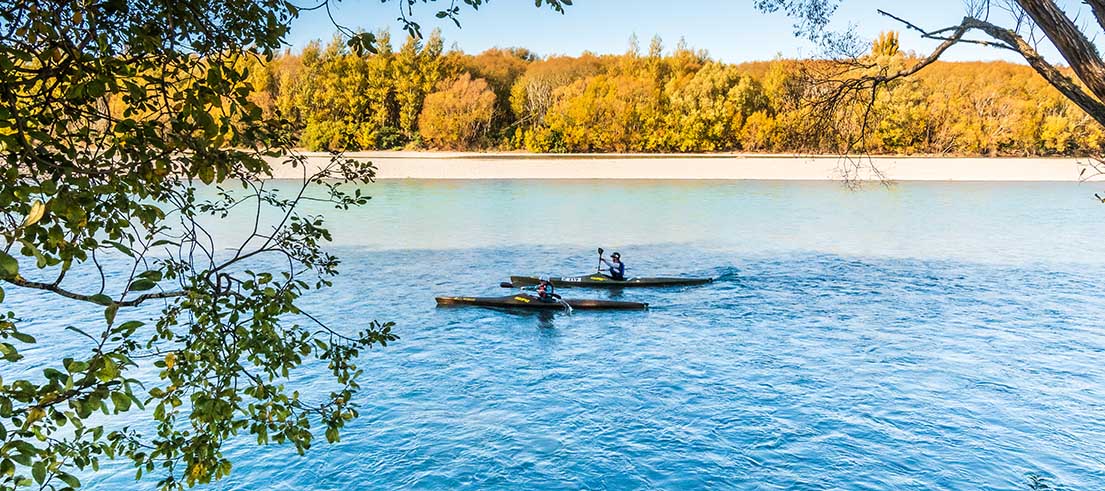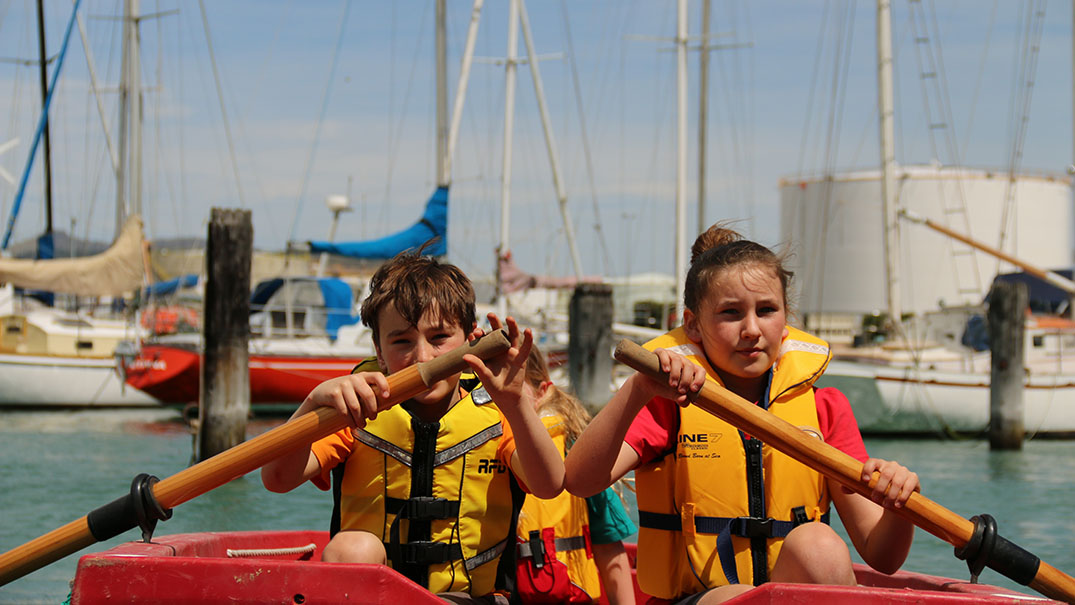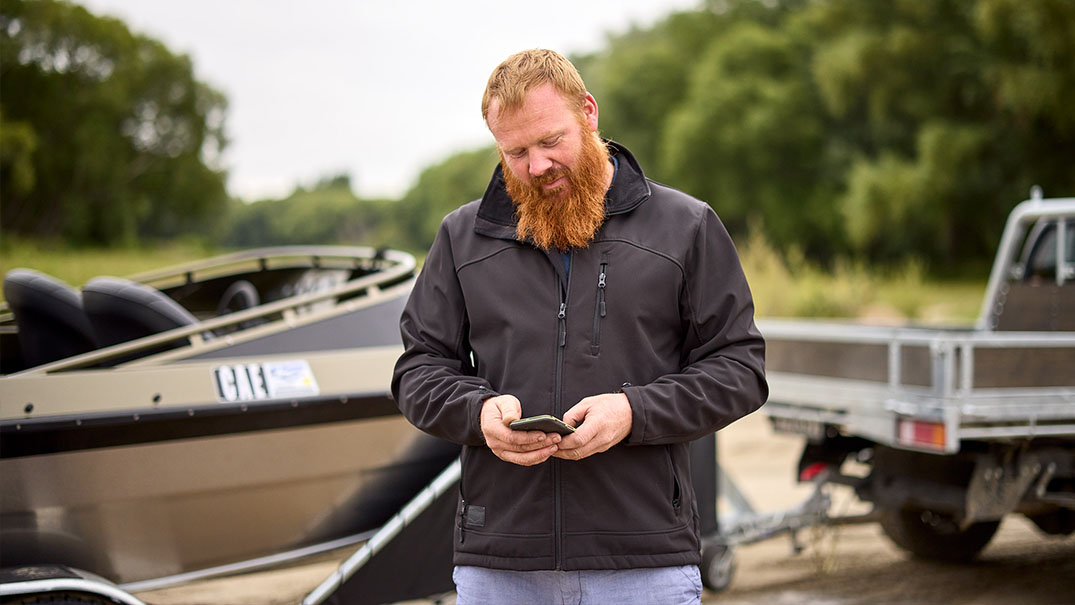
Stay safe on the water this Canterbury Anniversary weekend
Whether you’re using a kayak, jet boat, waka ama, yacht, jet ski or stand-up paddleboard (SUP), the key to staying safe in and on the water is knowing the safer boating rules – be it a lake, river or the ocean.
With the long weekend coming up, and a warm summer ahead, remember three key actions. Whatever your level of experience, make sure you wear a lifejacket, carry two forms of waterproof communication, and always check the forecast before heading out.
Boating stats in Canterbury: our safety risk factors
Kiwis love to be out on the water, as a Maritime New Zealand survey carried out in Q2 2023 shows, with more than half of New Zealanders being regular boaties. An estimated 12 to 14 percent of all boaties live in Waitaha Canterbury – the largest percentage after Auckland (36 to 37 percent).
Current research shows that failure to wear life jackets, followed by a lack of functioning communication devices are the risk factors most likely to contribute to death and injury on the water.
Gordon Mackay, Deputy Harbourmaster at the Harbourmaster’s Office, says that: "Most accidents can be avoided with good preparation. If the worst does happen, wearing a lifejacket is the best way to stay safe."
Wear a lifejacket
Anyone on a vessel under 6 metres is legally required to wear a fitted lifejacket.
Ideally, wear lifejackets with a collar, which enables rescuers to grab hold of you if you end up in the water. Replace any lifejackets that have a kapok-filling or cotton straps, as these materials are no longer recommended or safe.
For children, make sure that the lifejacket has a crotch strap, as this prevents the life jacket from ‘riding up.’
Lifejackets are required when jet skiing, kayaking, or SUPing.
Kayaks continue to be the most frequently used recreational vessel, particularly in summer, followed by small powerboats, stand-up paddleboards (SUPs) and jet skis.
"Survey results show that when people use a vessel for exercise (kayaking, windsurfing or SUPing) they are much less likely to consider lifejackets or other safety behaviours," Gordon says.
Check the marine and weather forecast
Before you head out, always check the marine forecast, not just the general weather forecast. If it’s stormy or the weather looks like it will deteriorate when you want to be on the water, play it safe and consider staying on land.
Let someone know where you’re going
Make sure someone on land knows your plans, and what time to expect you back. If you don’t arrive home on time, they should call for help.
Be safe on the lake: check the high country and rural forecasts
Lake conditions can change extremely quickly, and if things go wrong, help can take longer to reach you. The water is often much colder than the ocean if you fall overboard.
Be sure to check the high country forecast for the area you’re boating in, the rural forecast, and the general weather forecast. Be prepared for the possibility that conditions may change quickly; they often do.
If there is a nor’wester wind forecast, stay on land. Nor’westers can cause fast floods to hit as snow melts quickly in the mountains, making its way down to lakes and rivers.
Take two forms of communication, including a personal locator beacon (PLB) or other satellite device
Ensure you have two forms of communication that work in the area. VHF radio has limited coverage on inland waterways and areas like the Waitaki lakes, and in many places is not monitored by authorities. Cell phone reception can be unreliable.
Consider carrying a PLB or other satellite device (such as InReach and SPOT), as these work in all areas, whereas phone and VHF radio coverage is heavily restricted in the lakes.
"The Harbourmaster’s Office team will be out on the water this Canterbury Anniversary Weekend ensuring boaties stay safe, we hope to see you out there enjoying our beautiful waterways," Gordon says.


